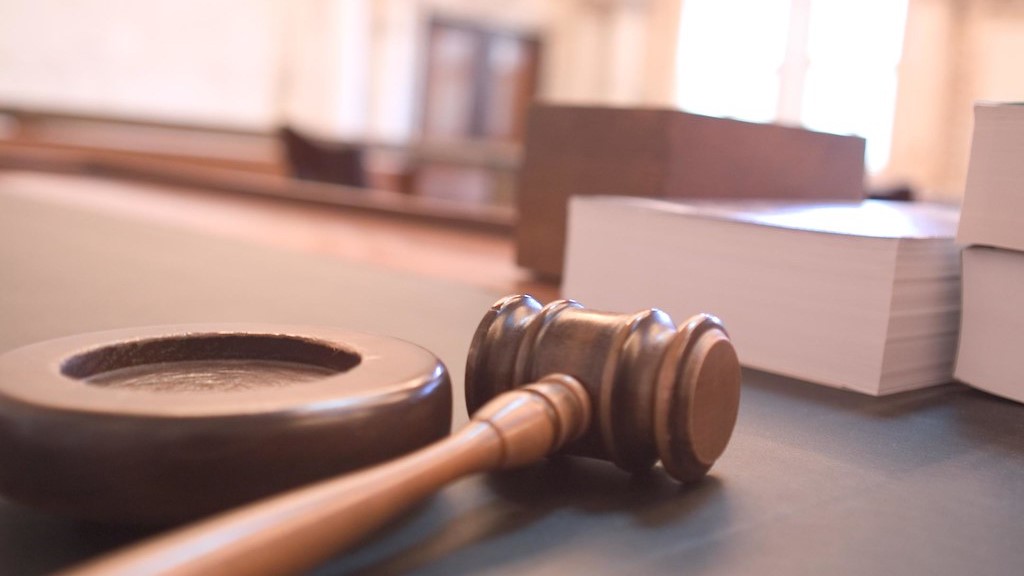In June 2022, the Federal Court of Australia handed down a significant decision in the case of Barilaro v Google LLC [2022] FCA 650 (‘Barilaro v Google’) wherein the Court held Google liable for the publication of defamatory material, in circumstances where Google was made aware of the publication. The decision has attracted significant attention given the involvement of well-known Australian YouTuber, ‘Friendlyjordies’, and the former Deputy Premier of New South Wales, Mr John Barilaro.
The Court’s decision upholds the recently developed principle that ‘internet intermediaries’ like Google and Facebook can be held liable for the publications of third parties on their platforms (see, for example, Trkulja v Google Inc (No 5) [2012] VSC 533).
Background
Jordan Shanks, who posts to YouTube under the handle ‘Friendlyjordies’, posted two (2) videos to YouTube (owned by Google) in September and October of 2020 which identified and defamed Mr Barilaro.
On 27 May 2021, Mr Barilaro commenced proceedings against Mr Shanks and Google in respect of the publications. Mr Barilaro pleaded that the statements made about him within Mr Shank’s YouTube videos conveyed various defamatory imputations, including that Mr Barilaro:
- ‘is a corrupt conman’;
- ‘committed perjury nine times’;
- ‘so conducted himself in committing perjury nine times that he should be gaoled’;
- ‘corruptly gave $3.3 million to a beef company’;
- ‘corruptly voted against a Royal Commission into water theft’;
- ‘acted corruptly by engaging in the blackmailing of councillors’;
- ‘acted corruptly by engaging in the blackmailing of councillors using taxpayer money’; and
- ‘pocketed millions of dollars which have been stolen from the Narrandera Shire Council’.
In about November 2021, Mr Shanks settled with Mr Barilaro, with Mr Shanks’ barrister apologising in court for the defamatory statements made in his videos. Mr Barilaro pressed on with his case against Google (as the publisher), which was decided by his Honour Rares J on 6 June 2022.
Decision
The Federal Court held Google liable for the publication of defamatory material and ordered it to pay Mr Barilaro $715,000.00 in damages.
In holding Google liable, the Court had particular regard to the fact that Google had taken no steps to remove Mr Shank’s videos, despite being made aware of them. Rares J expressed the view that Google’s failure or refusal to remove the videos in circumstances where they plainly violated Google’s policies, ‘show that Google did not appear to take the application of its policies seriously, no doubt because Mr Shanks was very popular and YouTube publications, such as his, earned Google revenue’. It was said that by Google not causing the videos to be removed from its platform, in effect, Google had joined Mr Shanks in defaming Mr Barilaro. Justice Rares also found that Google’s failure to apologise aggravated the damages substantially.
The outcome of Barilaro v Google is not dissimilar from that of Fairfax Media Publications Pty Ltd v Voller [2021] HCA 27 (‘Voller’), where a majority of the High Court of Australia found that a news-media company could be liable in defamation for Facebook comments published on its social media post, in circumstances where it evinced an ‘intention to facilitate, or provide a platform for, communication of the allegedly defamatory matter’. The decision of Voller was substantially relied upon by Rares J in giving his reasons.
The case of Barilaro v Google can be contrasted with the August 2022 decision of Google LLC v Defteros [2022] HCA 27 (‘Defteros’). In Defteros, the High Court found that Google was not liable in defamation for the publication of hyperlinks that led to defamatory matter. Whilst YouTube may also be accessible by hyperlinks, the key distinction between Barilaro v Google and Defteros is that Google enjoyed revenue from the publication of Mr Shanks’ videos. Nevertheless, Google obtaining two entirely different outcomes in the space of months shows the ever-developing nature of defamation law in Australia, particularly as the Courts adapt to the advancements in online publications, technology and social media.
I have been defamed online, what should I do?
Unlike many overseas jurisdictions, the Courts in Australia have shown a preparedness to hold publishers liable for facilitating the publication of defamatory matter. Therefore, a defamed person might have multiple potential parties that he or she can bring an action in defamation against.
If you believe you have been defamed, you should urgently seek legal advice as there are strict time limitations. Our team at Rose Litigation Lawyers are experienced in pursuing defamation matters and can promptly provide advice in relation to any action you may have and the possible remedies available to you.
If you have a question about defamation law, intend to pursue a defamation matter, or are worried about the potential consequences of a publication about you, you can contact us for an obligation free consultation.
